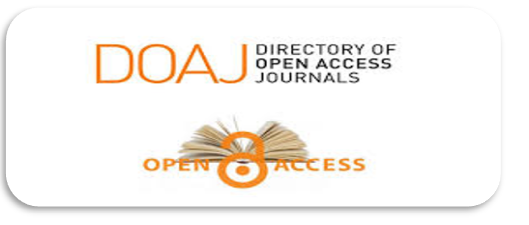AI and Authorship Policy
AI and Authorship Policy
1. Use of Artificial Intelligence (AI) in Research and Manuscript Preparation
The AL-Rafidain Journal of Computer Science and Mathematics (RJCSM) recognizes the role of artificial intelligence (AI) tools in supporting various aspects of research and scholarly communication. Authors are encouraged to use AI technologies (such as language models, statistical tools, or data analysis software) to assist in manuscript preparation, data analysis, or literature review. These tools, however, should only be used to enhance the research process and not to replace original scientific contribution.
2. Authorship Criteria
In line with academic integrity standards, AI tools cannot be listed as authors. Authors are defined as individuals who have made substantial intellectual contributions to the research, including study design, methodology, data analysis, or manuscript writing. AI tools do not meet these criteria and should not be credited with authorship.
3. Disclosures Regarding AI Usage
If AI tools have been used in the research process (e.g., for data analysis, literature review, or language editing), authors must clearly disclose this usage in the manuscript. The disclosure should specify the role of the AI tool in the research process, including the specific tasks it was used for. This ensures transparency and maintains the integrity of the research.
4. Ethical Considerations
Authors are reminded to maintain ethical standards in all stages of research, including the use of AI tools. AI must be used responsibly and in a manner consistent with the principles of academic honesty, objectivity, and transparency. Plagiarism, data manipulation, or misrepresentation through AI tools will not be tolerated.
5. Responsibility for Content
The final responsibility for the manuscript content lies with the human authors. The use of AI tools does not absolve authors from their duties to ensure the accuracy, originality, and ethical compliance of their work.
6. AI and Peer Review Process
AI tools may also assist in the peer review process, particularly for initial manuscript screening (e.g., checking for plagiarism or verifying citation accuracy). However, the final evaluation of the manuscript’s scientific and academic merit will remain the responsibility of qualified human reviewers.





